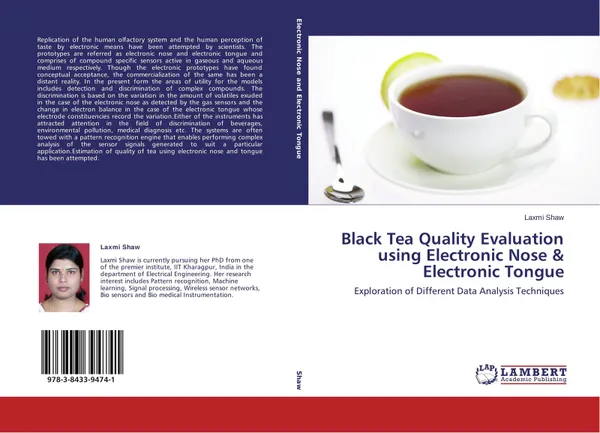Black Tea Quality Evaluation using Electronic Nose & Electronic Tongue
🔖 Replication of the human olfactory system and the human perception of taste by electronic means have been attempted by scientists. The prototypes are referred as electronic nose and electronic tongue and comprises of compound specific sensors active in gaseous and aqueous medium respectively. Though the electronic prototypes have found conceptual acceptance, the commercialization of the same has been a distant reality. In the present form the areas of utility for the models includes detection and discrimination of complex compounds. The discrimination is based on the variation in the amount of volatiles exuded in the case of the electronic nose as detected by the gas sensors and the change in electron balance in the case of the electronic tongue whose electrode constituencies record the variation.Either of the instruments has attracted attention in the field of discrimination of beverages, environmental pollution, medical diagnosis etc. The systems are often towed with a pattern recognition engine that enables performing complex analysis of the sensor signals generated to suit a particular application.Estimation of quality of tea using electronic nose and tongue has been attempted.
Мнения
